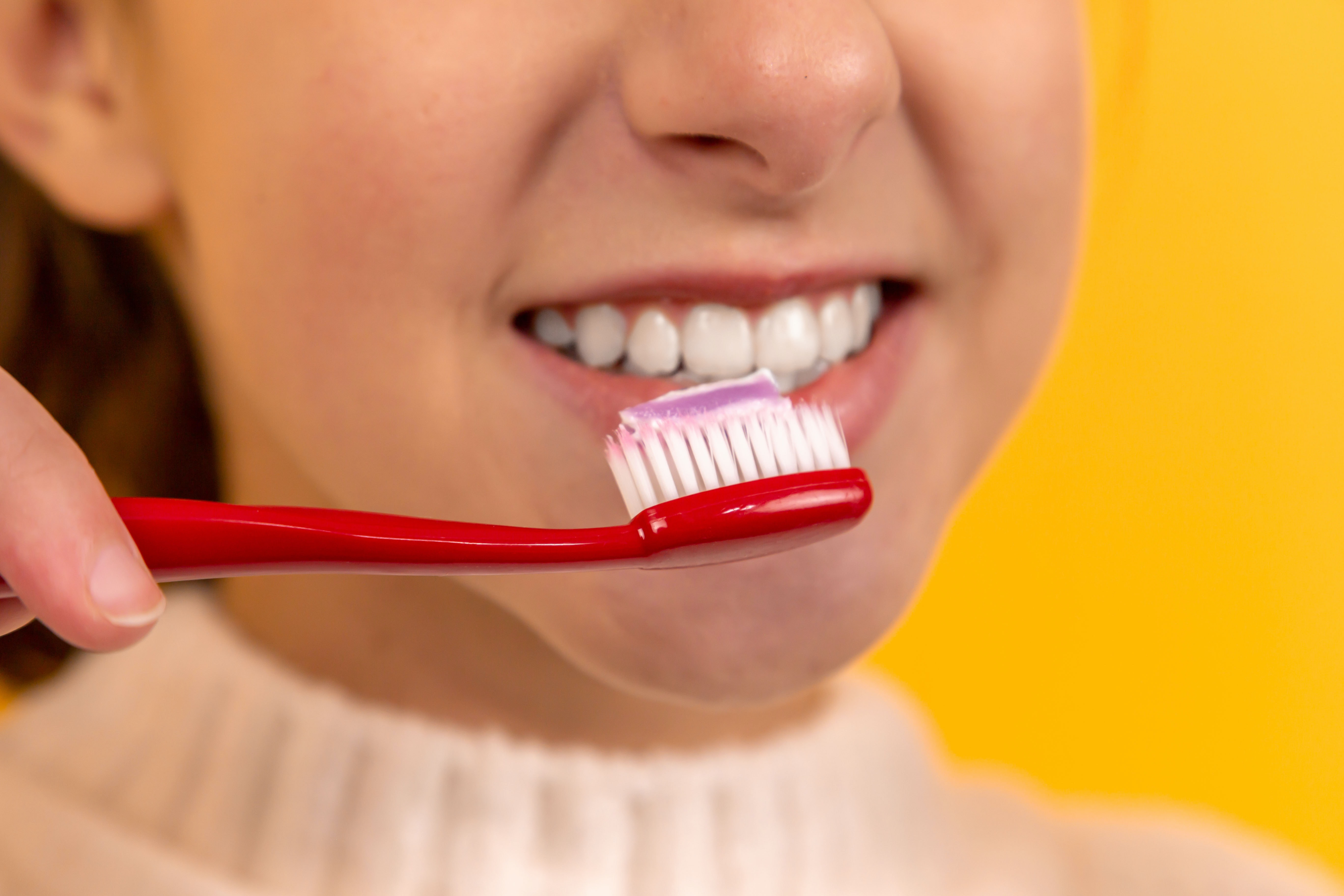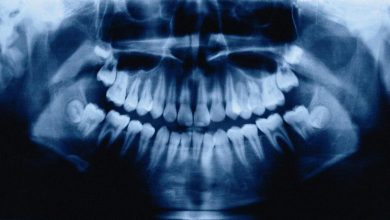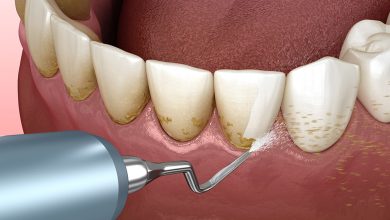Why is My Tooth Decaying? Discover the Causes and Solutions

Tooth decay occurs when the enamel of a tooth loses minerals due to frequent exposure to acid, typically from consuming sugary and starchy foods and drinks. The repeated acid attacks can result in the formation of white spots, indicating early decay.
Factors such as poor oral hygiene, age, tooth structure, dry mouth, teeth grinding, genetics, and nutrition also contribute to tooth decay. Sudden cavities may be caused by sudden dietary changes, such as consuming more soda, sugar, acidic foods, or sweets.
Proper oral hygiene, regular dental check-ups, and a balanced diet can help prevent tooth decay and cavities. If left untreated, tooth decay can lead to pain, infection, and other complications.
Understanding Tooth Decay
Understanding tooth decay is crucial for maintaining optimal dental health. Tooth decay occurs when the enamel, the outer protective layer of the teeth, starts to lose minerals due to frequent exposure to acid. This can happen when we consume foods and beverages high in sugar and starches, leading to repeated acid attacks on the teeth. The initial signs of tooth decay include the appearance of white spots on the enamel. If left untreated, tooth decay can progress and cause cavities, which are holes in the teeth.
The process of tooth decay involves the production of acid from plaque, a sticky layer of bacteria that accumulates on the teeth. Bacteria in the plaque convert sugars from our diet into acid, which erodes the enamel and leads to decay. Poor oral hygiene, such as inadequate brushing and flossing, can contribute to plaque buildup and increase the risk of tooth decay.
Other factors that can contribute to tooth decay include age, crevices and enamel irregularities that make teeth more susceptible to decay, dry mouth, tooth grinding, genetics, and nutrition. Sudden changes in diet, such as consuming more sugary or acidic foods, can also lead to the sudden development of cavities.
To prevent tooth decay, it is essential to maintain good oral hygiene practices, including brushing and flossing regularly, limiting the intake of sugary and acidic foods and beverages, and visiting the dentist for regular check-ups and cleanings. Early detection and treatment of tooth decay can help prevent further damage and maintain a healthy smile.
Causes Of Tooth Decay
Tooth decay occurs when the tooth enamel loses minerals due to frequent exposure to acid, often caused by consuming sugary and starchy foods. Poor oral hygiene, age, dry mouth, tooth grinding, genetics, and nutrition also contribute to tooth decay.
Solutions For Tooth Decay
When it comes to tooth decay, there are several factors that can contribute to its occurrence. Poor oral hygiene, such as not regularly brushing and flossing, can lead to a build-up of plaque on the tooth surfaces, which can eventually lead to decay. Age can also play a role, as the enamel on our teeth naturally wears down over time, making them more susceptible to cavities. Other factors include having crevices or enamel defects that make it easier for bacteria to accumulate, having a dry mouth which reduces saliva’s protective effects, tooth grinding, and genetics. Additionally, nutrition plays a role, as consuming a diet high in sugar, starches, and acidic foods can increase the risk of decay.
To prevent tooth decay, it is important to engage in regular brushing and flossing to remove plaque and maintain good oral hygiene. The use of fluoride toothpaste and mouthwash can also help in preventing decay as fluoride strengthens the enamel and makes it more resistant to acid attacks. Regular dental check-ups and professional cleanings are essential for early detection and treatment of any cavities or dental issues.

Credit: www.kneibdentistry.com
Frequently Asked Questions On Why Is My Tooth Decaying
How Do You Fix Tooth Decay?
To fix tooth decay, you need to visit a dentist. They will remove the decayed portion of the tooth and fill it with a dental filling. It’s important to maintain good oral hygiene by brushing and flossing regularly and avoiding sugary foods and drinks to prevent further decay.
Why Are My Teeth Decaying All Of A Sudden?
Teeth can decay suddenly due to frequent exposure to acid from sugary and starchy foods, poor oral hygiene, age, dry mouth, tooth grinding, and genetics. Sudden dietary changes, such as consuming more soda or sweets, can also contribute to the development of cavities.
It is important to maintain good oral hygiene and visit a dentist regularly for prevention and treatment.
What Are The 4 Causes Of Tooth Decay?
The 4 causes of tooth decay are poor oral hygiene, age, crevices and enamel, and dry mouth.
What Are 5 Causes Of Tooth Decay?
Tooth decay is caused by several factors, including poor oral hygiene, age, crevices and enamel, dry mouth, tooth grinding, genetics, and nutrition. Regular brushing and flossing, along with a healthy diet, can help prevent tooth decay.
Conclusion
Tooth decay can be caused by a combination of factors, including poor oral hygiene, age, dry mouth, tooth grinding, genetics, and nutrition. When teeth are exposed to acid frequently, such as eating sugary and starchy foods, the enamel can lose minerals, leading to decay.
It is important to practice good oral hygiene, maintain a healthy diet, and visit the dentist regularly to prevent tooth decay and avoid painful cavities. Don’t ignore the early signs of decay, as untreated tooth decay can cause pain, infection, and other complications.
Take care of your teeth and maintain good oral health for a bright smile!





